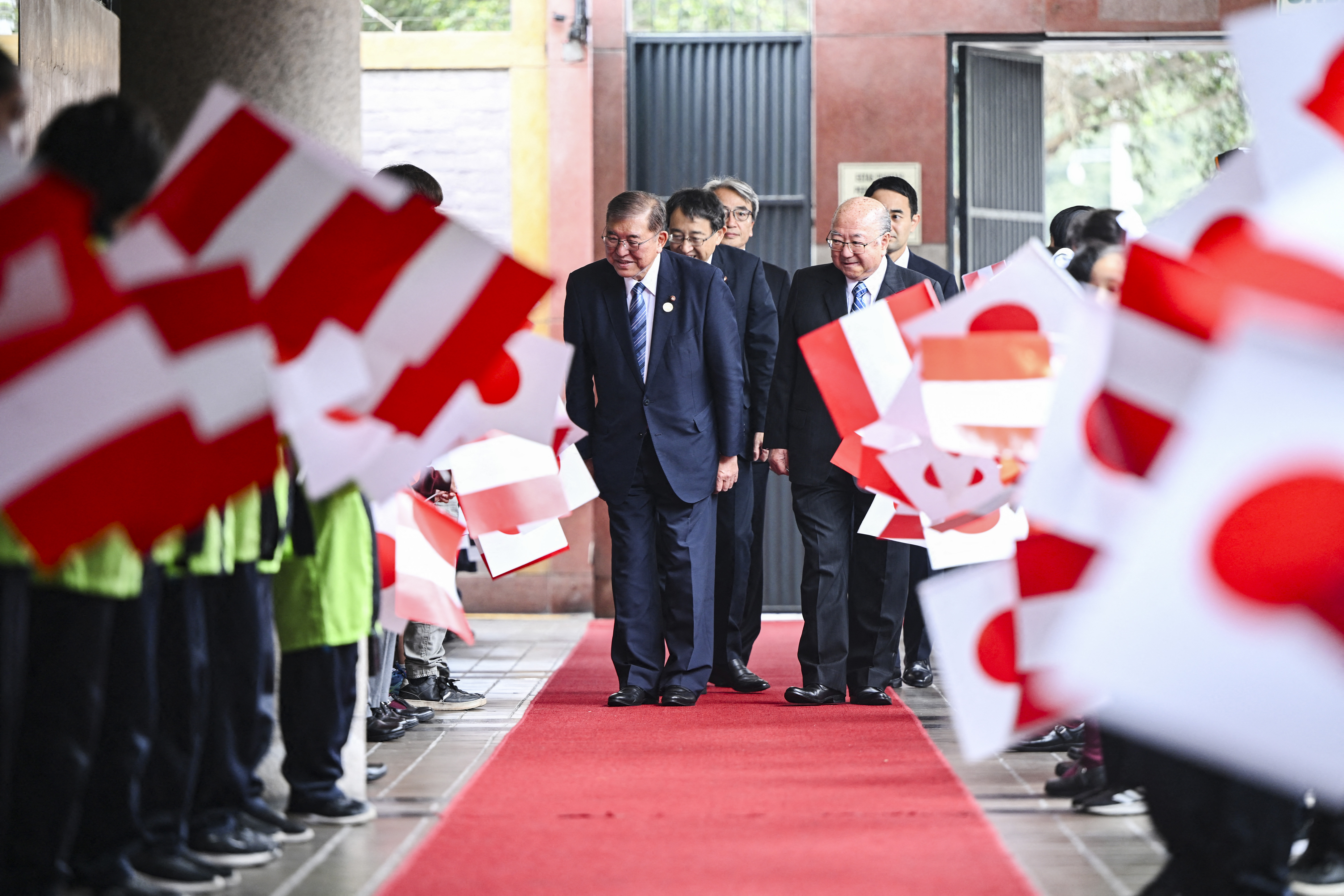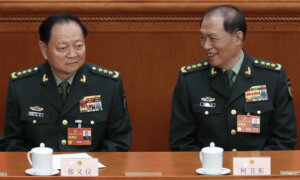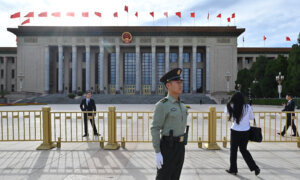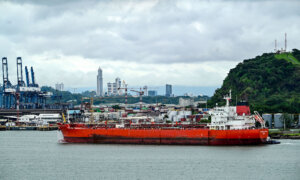Japan and Peru have agreed to partner in critical minerals mining—which would strengthen supply chains for both countries by using Japanese technology—amid China’s growing influence in South America.
This agreement was announced on Nov. 17 during the Asia-Pacific Economic Cooperation (APEC) summit, where Japanese Prime Minister Shigeru Ishiba and Peruvian President Dina Boluarte unveiled a 10-year roadmap of strategic cooperation.
Just three days prior, Chinese Communist Party (CCP) leader Xi Jinping participated remotely in inaugurating the new deep-water Chancay Port in Peru. This port, in which Beijing invested $1.3 billion in its first phase, was developed under the Belt and Road Initiative, China’s geopolitical influence platform through global infrastructure development. The CCP hailed the project as the starting point of a “new land-sea corridor between China and Latin America.”
South America’s vast natural resources are a significant attraction for foreign investments.
Critical minerals such as copper, zinc, and manganese are essential for electric vehicle battery production and other green energy products. The partnership will provide Japan, a country with limited natural resources, with the much-needed raw materials for its economic development.
Under the roadmap through 2033, Japan and Peru have also committed to enhancing ministerial-level dialogues, including defense and trade.
Peru is home to the second-largest population of Japanese immigrants and descendants in Latin America. Ishiba also expressed his wish to strengthen bilateral relations by engaging with the Nikkei communities, which consist of around 200,000 Japanese immigrants and their descendants and act as a bridge between the two countries.
Japan’s economic relationship with Latin America spans a long history, with the region accounting for 8–9 percent of Japan’s global direct investments in recent years. However, this new agreement is the first step for the Asian country to begin a sizable investment in Peru.
In comparison, China controls a substantial share of the world’s processing capacity of rare earths, handling up to 60–90 percent of key base metals, including cobalt, lithium, and nickel. This dominance in processing gives China significant leverage, as it can impose export restrictions on these critical minerals.
In December 2023, for example, China imposed a ban on the export of rare earth extraction and separation technologies, citing national security concerns. Its near-monopoly control of the sector has raised alarms among countries heavily reliant on China for these vital resources.
Professor Lee Deng-ker, a Taiwanese political scholar and professor of foreign affairs at the National Chengchi University, told The Epoch Times that along with its growing economic influence in Latin America, China’s dominance in critical minerals will continue to increase, posing potential risks to the security of global supply chains, especially for Japan, which the Chinese communist regime often portrays as an adversary of China. As a result, Lee said, protecting its mineral industries has become a pressing concern for Japan.
China’s growing influence in South America has also been a major concern for the United States, as this shift has allowed China to further exert its control over critical metals.
Over the past decade, China has surpassed the United States to become South America’s largest trading partner. Between 2000 and 2020, trade between China and Latin America increased 26-fold, from $12 billion to $315 billion, according to the World Economic Forum. This trend continued, with trade reaching $450 billion by 2022.
Gracelin Baskaran, director of the Critical Minerals Security Program at the Center for Strategic and International Studies (CSIS), said building critical minerals security is a pressing concern for the United States.
“Over the last seven years, the United States realized its reliance on China for critical minerals posed serious risks to its national and energy security alongside its economic competitiveness and prosperity,” she wrote in a CSIS analysis released on Nov. 14.
Baskaran urged President-elect Donald Trump to incentivize domestic processing capacity and build strategic partnerships with mineral-rich countries to counter China’s dominance in the sector.
Likewise, Taiwan-based Lee said he hopes the United States and its allies, including Japan and Taiwan, can help Latin American nations by promoting economic development and increasing trade, as this would reduce the base from which China projects influence.
“This would be a win-win situation and a very important strategy,” he said.















